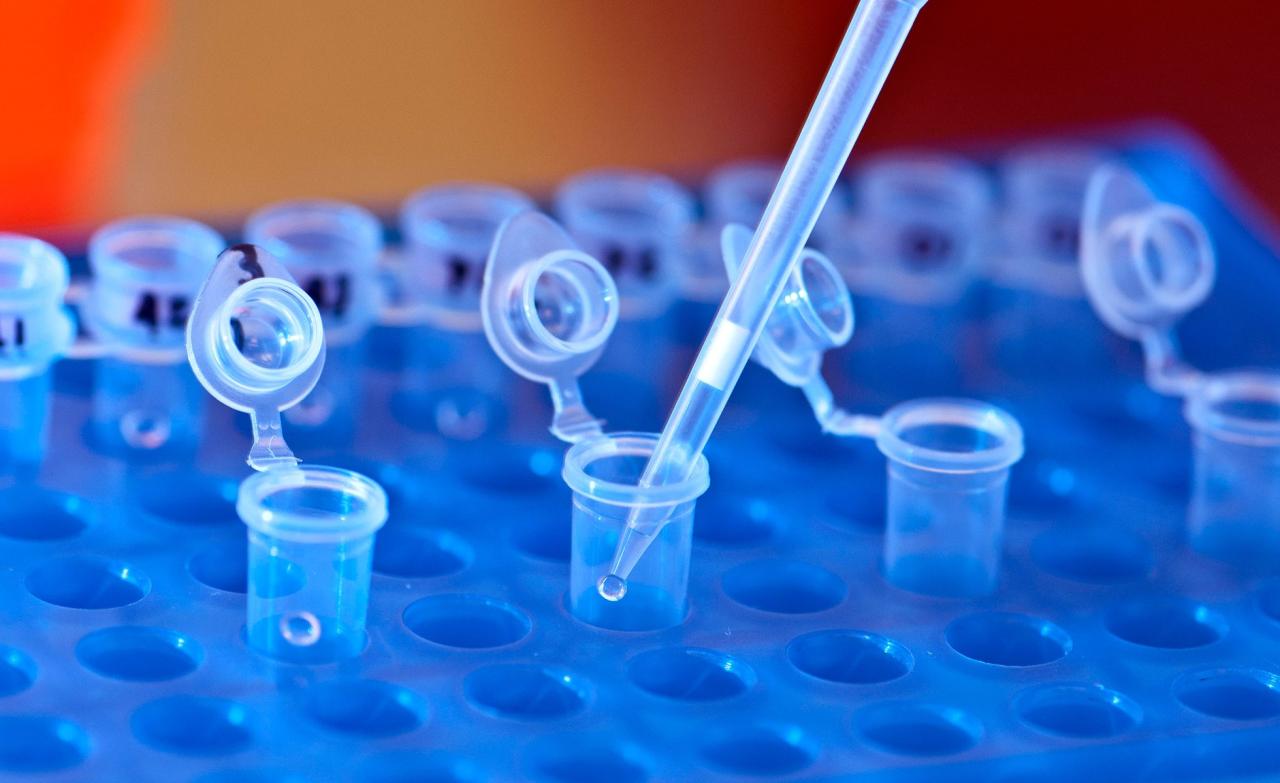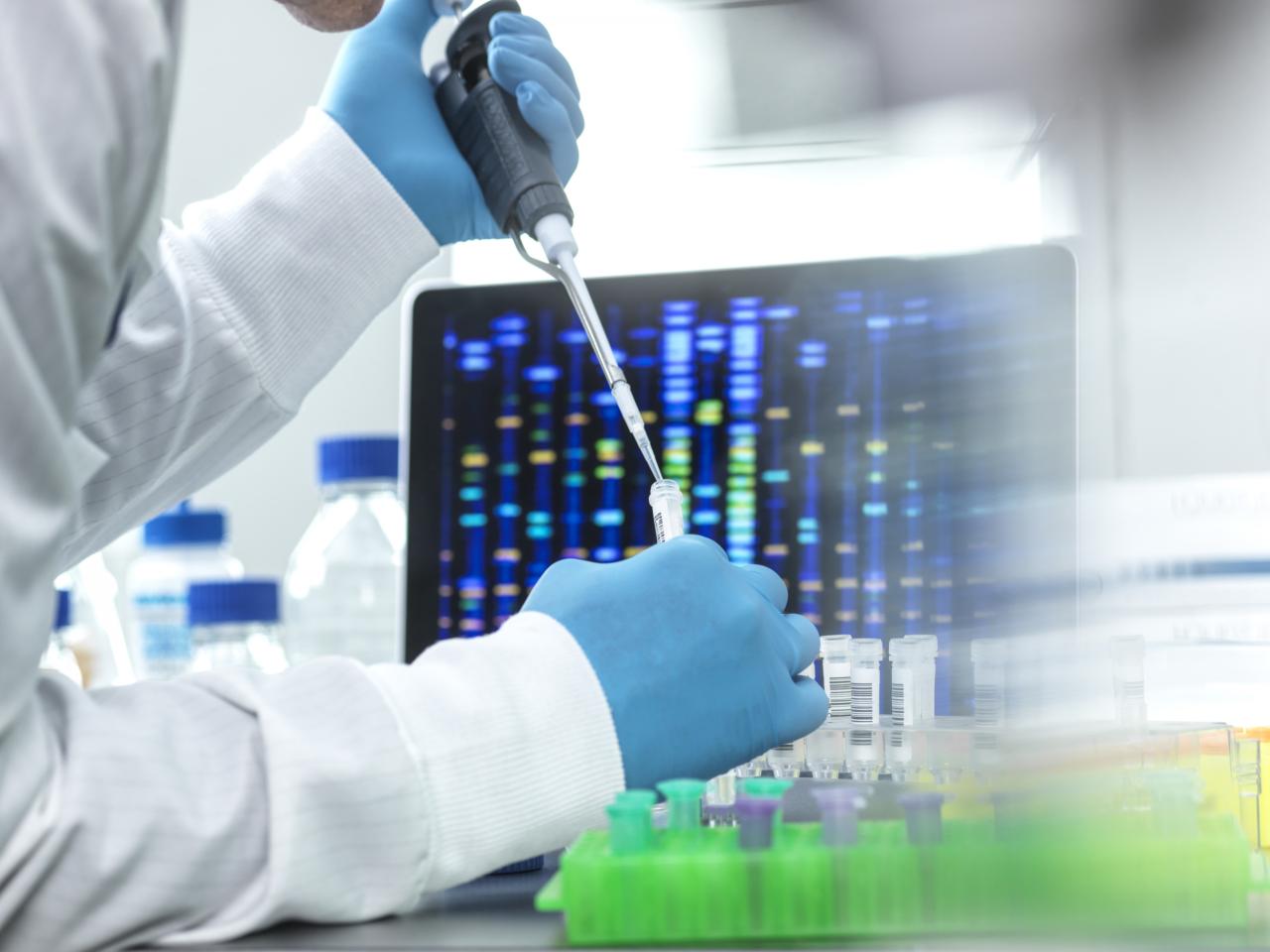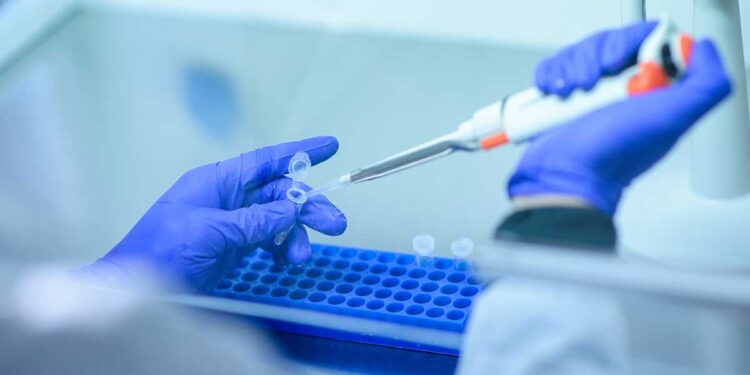In a world where healthcare is becoming increasingly personalized, genetic testing has emerged as a powerful tool for individuals seeking to take a proactive and preventative approach to their health and wellness. Once an expensive and rare procedure, genetic testing is now more accessible than ever, offering a window into our unique biological blueprint. By analyzing our DNA, we can uncover a wealth of information about our predisposition to certain diseases, our metabolism, our nutritional needs, and even our response to exercise. This comprehensive guide will delve into the science behind genetic testing for wellness, its key applications, and the ethical considerations that come with this newfound knowledge. We’ll explore how this technology is transforming the way we think about health, moving from a reactive model of treating sickness to a proactive model of maintaining wellness.
The Science of Genetic Testing

Our DNA is a complex set of instructions that dictates how our bodies function. Genetic testing for wellness doesn’t typically look for a single gene that causes a disease, but rather for genetic variations—subtle differences in our DNA that can influence our traits and health outcomes. These variations, often called Single Nucleotide Polymorphisms (SNPs), can be thought of as tiny spelling differences in our genetic code.
A. The DNA Blueprint: Every cell in our body contains a copy of our DNA, organized into 23 pairs of chromosomes. This DNA contains thousands of genes, each responsible for making a specific protein that performs a function in our body. Genetic testing analyzes a small portion of this DNA to identify specific variations that are of interest for health and wellness.
B. SNPs and Their Impact: A SNP is a change in a single DNA building block. For example, where most people have an ‘A’ at a certain position in their DNA, some might have a ‘G’. This seemingly minor difference can have a significant impact on how a gene functions. For instance, a particular SNP might affect how your body metabolizes caffeine, or your risk of developing a certain condition.
C. The Role of Epigenetics: While our genes are a fixed blueprint, how they are expressed can change. Epigenetics is the study of how environmental factors, like diet and lifestyle, can turn our genes on or off without changing the underlying DNA sequence. Genetic testing can give us a blueprint, but our lifestyle choices are the architects that shape how that blueprint is used. This is why a genetic predisposition is not a predetermined fate; it’s a call to action.
D. The Testing Process: The process is surprisingly simple and non-invasive. You typically receive a kit at home, provide a saliva sample or a cheek swab, and send it back to the lab. The lab then extracts your DNA, sequences the relevant genes, and generates a report. The data is analyzed by scientists and algorithms to provide insights into your genetic predispositions.
Key Applications of Genetic Testing for Wellness
Genetic testing is not just for diagnosing rare diseases anymore. It is being used in a variety of wellness applications, providing a level of personalization that was once unimaginable.
A. Nutrition and Diet: Our genes influence how we metabolize nutrients, our sensitivity to certain foods, and our risk of developing food-related conditions. Genetic testing can provide insights into:
* Macronutrient Response: How your body responds to fats, carbohydrates, and proteins. Some people may thrive on a high-protein diet, while others may do better with more carbohydrates.
* Vitamin and Mineral Metabolism: Your body’s ability to absorb and utilize certain vitamins, like Vitamin D or B12. This can help you determine if you need to be more mindful of your intake or consider supplementation.
* Food Sensitivities: Your genetic predisposition to sensitivities to things like caffeine, alcohol, or lactose.
B. Fitness and Exercise: Our genes play a role in our physical capabilities and our response to different types of exercise. Genetic testing can help you optimize your fitness routine by providing information on:
* Muscle Fiber Type: Your genetic predisposition for fast-twitch (power and strength) versus slow-twitch (endurance) muscle fibers. This can help you choose a sport or workout style that aligns with your natural abilities.
* Injury Risk: Your genetic predisposition for certain types of injuries, like tendon or ligament issues. Knowing this can help you take preventative measures and adjust your training.
* Exercise Response: Your genetic response to different types of exercise, helping you determine if you are more likely to see results from endurance training or strength training.
C. Disease Risk Assessment: This is one of the most powerful applications of genetic testing. While it doesn’t give a definitive diagnosis, it can provide insights into your genetic predisposition to certain common diseases. This is an incredible tool for proactive health management.
* Common Conditions: A genetic report might show an increased predisposition for conditions like type 2 diabetes, heart disease, or certain types of cancer.
* Proactive Action: The value of this information is in the action it inspires. If you know you have an increased risk for a certain condition, you can work with a doctor to implement early screening, lifestyle changes, and preventative measures that can significantly reduce your actual risk.
D. Sleep and Stress: Our genes can influence our sleep patterns and our response to stress. Genetic testing can provide insights into:
* Circadian Rhythm: Your genetic tendency to be an early bird or a night owl. Understanding this can help you align your schedule with your natural biological clock.
* Stress Response: Your genetic predisposition to certain stress-related conditions or your body’s ability to handle stress. This can help you choose stress management techniques that are more likely to work for you.
Ethical Considerations and The Path Forward

The rise of genetic testing for wellness is not without its challenges and ethical dilemmas. This is a new frontier, and it’s essential to navigate it with caution and thoughtfulness.
A. Data Privacy and Security: The data from your genetic test is incredibly personal and sensitive. Who owns this data? How is it stored? And how can we ensure it is not misused by insurance companies, employers, or other third parties? Robust data protection and transparent privacy policies are essential.
B. Misinterpretation and Anxiety: A genetic report can be complex and difficult to understand. There is a risk that people may misinterpret their results, leading to unnecessary anxiety or even making poor health decisions based on incomplete information. It’s crucial that genetic reports are accompanied by clear explanations and, ideally, a consultation with a certified genetic counselor or a doctor.
C. The Difference Between Risk and Fate: It’s vital to remember that a genetic predisposition is not a predetermined fate. A genetic test cannot tell you if you will get a disease, only if you have a higher risk. Lifestyle and environmental factors play a huge role in gene expression. The true power of this information is in empowering you to take control and make healthier choices.
D. Regulatory Oversight: The regulatory landscape for direct-to-consumer genetic testing is still evolving. A clear and standardized regulatory framework is needed to ensure that these tests are accurate, reliable, and that the information provided is responsible and well-supported by science.
E. Equity and Accessibility: As with many advanced medical technologies, there is a risk that genetic testing could create a two-tiered system where only the wealthy can afford this level of personalized health information. Ensuring equitable access to this technology is a critical social challenge.
The Future of Genetic Wellness
The future of genetic testing for wellness is a future of proactive, predictive, and truly personalized healthcare. The test itself is just the beginning; the real value is in how that information is used. We are moving toward a model where genetics and lifestyle are considered together.
First, AI and data analytics will play an even greater role. AI will be used to analyze a person’s genetic data, alongside their lifestyle and environmental factors, to create a highly sophisticated and personalized wellness plan. The AI will be able to predict a person’s response to a specific diet or workout routine with a high degree of accuracy.
Second, the line between genetic testing and wearable technology will blur. The data from a person’s wearable, such as their sleep patterns or heart rate variability, will be used in conjunction with their genetic data to provide real-time, personalized health coaching.
Third, genetic testing will be a standard part of a patient’s medical record. Doctors will use this information to create more targeted and effective treatment plans, moving from a trial-and-error approach to a precise and personalized one.
Finally, the focus will shift from a fear-based approach to a empowerment-based one. Genetic testing will not be about what’s wrong with you, but about what’s unique about you. It will be a tool for self-discovery and a guide for living a life that is in harmony with your own unique biology.
Conclusion
Genetic testing for wellness represents a monumental leap forward in our understanding of health. It is a powerful tool that allows us to move beyond a one-size-fits-all approach and to embrace a truly personalized and proactive model of well-being. By unlocking the secrets of our DNA, we are gaining a level of insight that empowers us to make smarter choices about our diet, our exercise, and our lifestyle. We can work with our genetic predispositions, rather than against them, to mitigate risks and cultivate a life of greater vitality and health.
However, as we embrace this technology, it is crucial that we do so with a clear understanding of the ethical challenges and a commitment to responsible use. The information from a genetic test is not a crystal ball; it is a roadmap. It is a guide that shows us where we have been and provides a glimpse of the paths we can take. The true power of this knowledge lies not in the data itself, but in the actions it inspires. The future of health is a partnership between our unique biology and our conscious choices. Genetic testing is simply the tool that helps us navigate that partnership with greater wisdom and intention. The revolution in personalized wellness has begun, and it starts with a simple test.










Discussion about this post